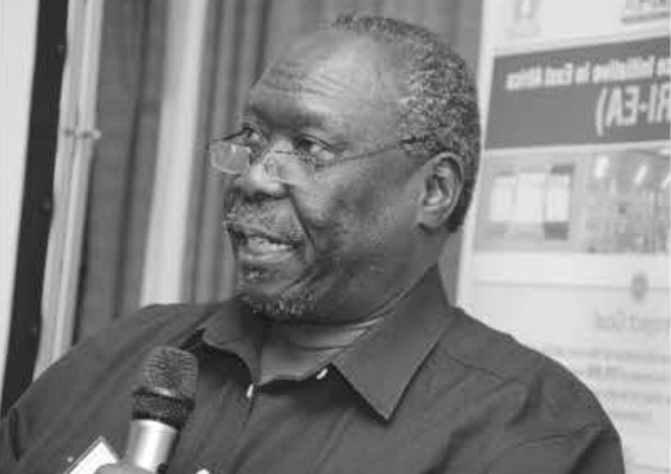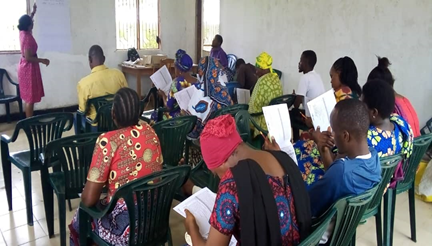Agriculture in Rwanda is moving from rain fed farming dependance to more sustainable approaches such as practicing climate resilient farming using greenhouses and irrigation for increase in production and self-sufficiency for food security.
In addition, due to high drought incidences faced by farmers in some parts of the country like the East in districts of Bugesera and Kayonza, it is crucial for farmers to adopt irrigation. Famers in drought prone areas like these have acquired subsidized small scale farming irrigation equipment and other farm machinery through government interventions. However, the challenge remains that farmers have limited knowledge about how to operate and maintain this equipment. Others still need to understand the importance of irrigation in their farming activities. Due to this challenge, some of the equipment is left unused and abandoned especially when faced with mechanical issues.
Findings from the labor market assessment study conducted by Kilimo Trust under the Rural Youth Employment Support (R-YES) project showed that provision of irrigation services is one of the employment opportunities for youth in the agricultural sector especially in the vegetables value chain. It is against this fact, that among ten agribusiness courses that were developed for experiential learning under the R-YES project, Operation and maintenance of field irrigationcourse was included.
Operation and maintenance of field irrigation course is offered at Integrated Polytechnic Regional Colleges (IPRC) Gishari for three months and one month of industrial attachment at selected agribusiness companies including Sunripe farms, a horticulture export company based in Bugesera District.
For the first cohort of R-YES project, the company [Sunripe farms] received ten R-YES youth for internship in field irrigation and out of the ten youth, three youth were retained for employment.
Emmanuel Uwiringiyimana is one of the three youth that were retained by Sunripe farms. Before he joined the R-YES program, he was a photographer but had not been trained to do this job. He studied Mathematic, Physics and Geography (MPG) in secondary school. The 28-year-old from Ruhango District did not see this job sustaining him in future. When he saw the R-YES opportunity for short course training, he applied and was selected to undergo experiential learning in operations and maintenance of field irrigation. Emmanuel saysthat ever since he got the opportunity to undergo training and got employed at Sunripe, a lot has changed in his daily life.
He is currently a supervisor at Sunripe farms and although he carries out these responsibilities, he is learning a lot while doing his job because he strives to be an irrigation expert. “I came here [Sunripe farms] from college with knowledge about field irrigation such as installing different irrigation systems like drip, surface, and sprinkler. But when I reached at Sunripe, I learned even much more like costs of the equipment used in irrigation and maintenance of irrigation systems.” Being a supervisor here [Sunripe] has also shaped me to be responsible, he added.
Emmanuel and his two colleagues (Benjamin Dushimyimana from Huye district and Alphred Rwigamba from Rusizi district) that were retained for employment by the company have started saving at least 20% of their monthly wage. After two years of saving and knowledge accumulated, they plan to open an irrigation equipment shop and offer services in installation and maintenance of irrigation systems.

The Rural Youth Employment Support (R-YES) is a 5-year project (2020 – 2024) funded by the International Fund for Agricultural Development (IFAD), Visa Foundation and BMZ. The project is implemented by a consortium led by Kilimo Trust Rwandaand other partners including the Rwanda Youth in Agribusiness Forum (RYAF), Rwanda TVET Board (RTB) through TVETs and Rwanda Polytechnic through its Integrated Polytechnic Regional Colleges (IPRCs) as training centers and agribusiness companies for employment.
R-YES project goal is to create employment opportunities for 3,000 rural youth in agribusiness (1,200 direct jobs and 1,800 indirect jobs).


